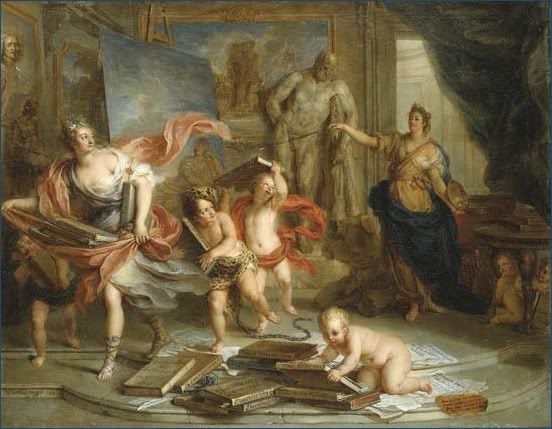
Originally Posted by
Horace

The lad who can answer now, and set a firm foot
To the ground, likes to play with his peers, loses but
Quickly regains his temper, and alters with the hour.
The beardless youth, free of tutors at last, delights
In horse and hound, and the turf of the sunlit Campus,
He’s wax malleable for sin, rude to his advisors,
Slow in making provision, lavish with money,
Spirited, passionate, and swift to change his whim.
Manhood’s years and thoughts, with altering interests,
Seek wealth and friendship, devoted to preferment,
Wary of doing what they may soon labour to change.
Many troubles surround the aged man, because he
Seeks savings, yet sadly won’t touch them, fears their use,
And because in all he does he’s cold and timid,
Dilatory, short on hope, sluggish, greedy for life,
Surly, a moaner, given to praising the years when
He was a boy, chiding and criticising the young.
The advancing years bring many blessings with them,
Many, departing, they take away.



 Reply With Quote
Reply With Quote



 . What the hell is that? Maybe if I were decribing Ferris Bueler's Day Off that might come in handy, but otherwise it seems pretty strange.
. What the hell is that? Maybe if I were decribing Ferris Bueler's Day Off that might come in handy, but otherwise it seems pretty strange.


